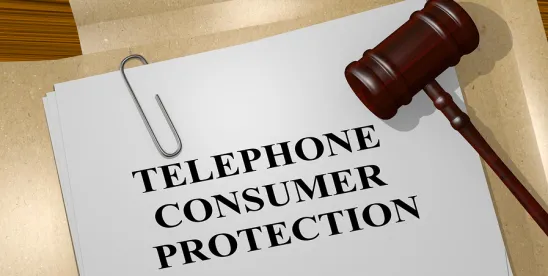Back in March, we learned about a plaintiff’s lawyer who pursued a TCPA case for nearly a year after his client had died. The attorney ended up avoiding sanctions, but this does raise the issue of what happens to TCPA actions upon the death of a plaintiff.
In its terse opinion earlier this week, the court in Eaton v. Midland Credit Mgmt., 16cv3025-MMA, 2019 U.S. Dist. LEXIS 82346 (S.D. Cal. May 15, 2019) joined others in holding that TCPA claims seeking monetary damages do not expire upon a plaintiff’s death, and proceeded to grant the plaintiff’s unopposed motion to substitute. Thus, upon learning of the plaintiff’s death, counsel should, as in Eaton, promptly notify the court. After ascertaining the identity of the plaintiff’s successor in interest, counsel must move to substitute that successor in as plaintiff within 90 days pursuant to Federal Rule 25 or else face dismissal. Given the difficulties that sometimes arise in identifying a successor, courts, including Eaton, have often given extensions for additional time to locate the successor.
With ever-increasing numbers of TCPA cases being brought, particularly by volume-filers, courts should hold plaintiff’s counsel to a standard of promptly notifying it of the plaintiff’s death, and also acting diligently to identify a successor-in-interest.




 />i
/>i

